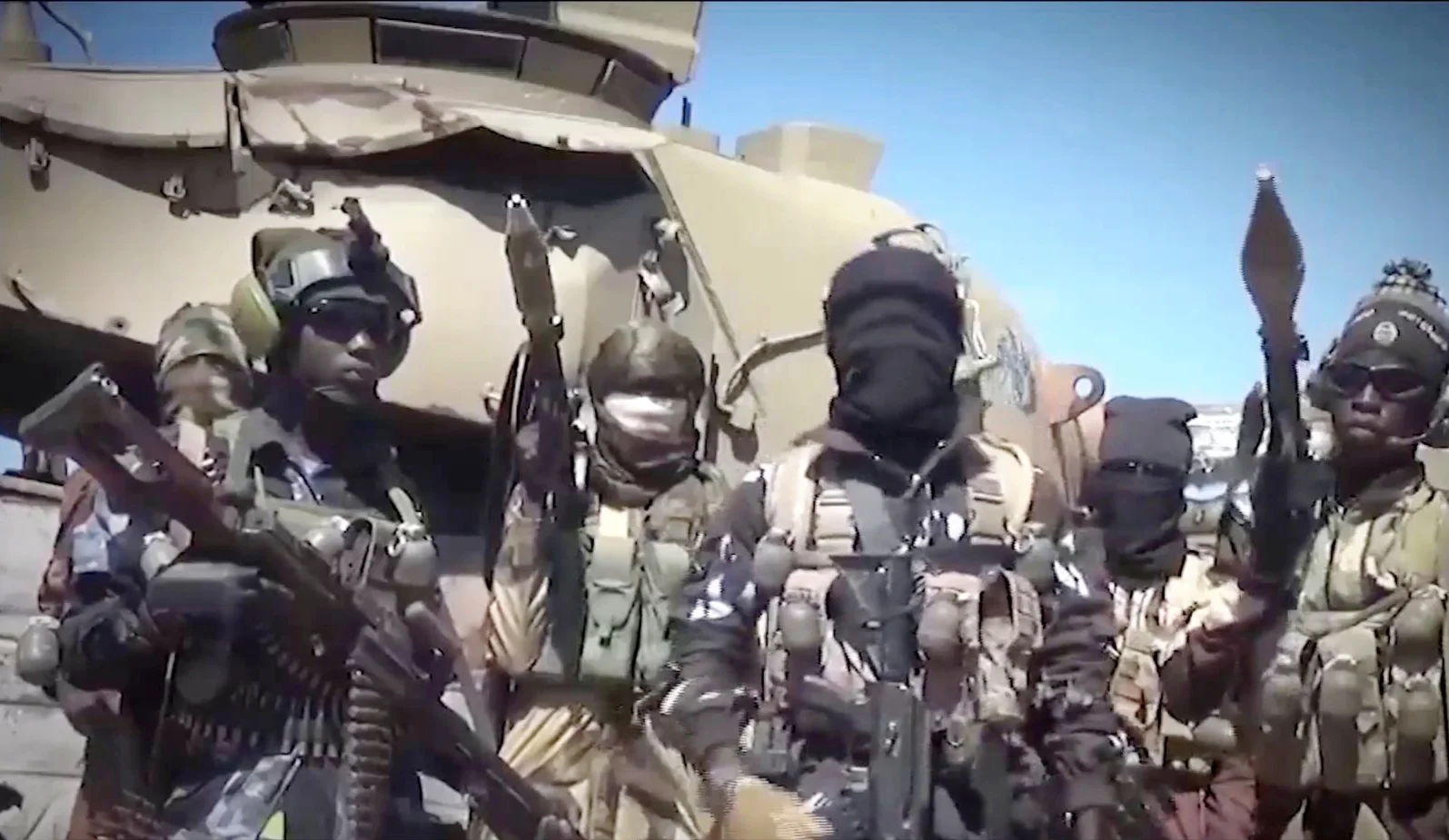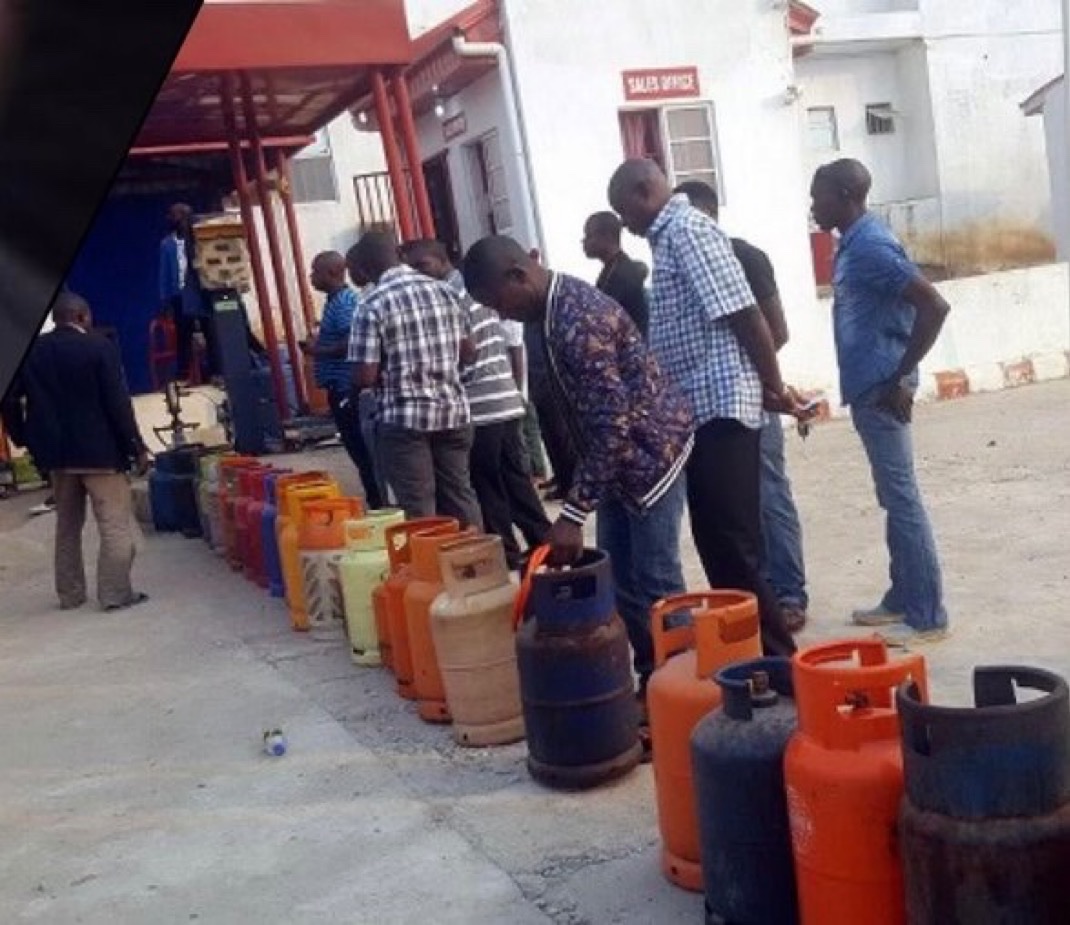The Islamic State West Africa Province (ISWAP) has reportedly instructed its members to avoid public gatherings and limit movement as tension continues to build across northern regions. The directive, believed to have been circulated within the group’s internal communication channels, urges fighters to stay out of crowded environments, reduce visibility, and operate with increased caution.
This move is seen as a strategic adjustment by the group, which has been under pressure from intensified military operations and heightened global attention on extremist activities in Nigeria.
Shift in ISWAP Strategy Raises Questions
ISWAP has maintained a strong presence in parts of Borno, Yobe, and surrounding areas, often carrying out attacks on:
- Military bases
- Security checkpoints
- Rural communities
- Religious centers
However, this recent order suggests a possible shift in operational strategy. Security analysts believe the group may now be trying to:
- Reduce exposure to surveillance
- Prevent the capture of key commanders
- Reorganize cells quietly
- Avoid drawing attention to movement patterns
This type of internal caution often occurs when militant groups anticipate heightened security raids or counter-terror operations.
Possible Reasons Behind the New Instruction
Experts suggest several likely factors influencing ISWAP’s decision:
| Reason | Impact |
|---|---|
| Increased military pressure in major strongholds | Forces militants to scatter and hide |
| Rising international attention on Nigeria’s insecurity | Raises risk of foreign-backed operations |
| Internal reorganization to prevent infiltration | Limits communication and group movement |
| Fear of drone or ground strike targeting group gatherings | Prevents mass casualties within cells |
The directive may also be the group’s attempt to preserve fighters and prevent losses at a time when intelligence tracking appears to have improved.
Implications For Affected Communities
While the reduction of militant presence in public spaces could lead to temporary calm, security experts warn that the instruction does not signal de-escalation. Instead, the threat may simply be shifting.
Short-Term Outlook
- Fewer visible checkpoints controlled by militants
- Reduced attacks in crowded town centers
- Lower likelihood of large-scale market or worship center attacks
Long-Term Risks
- Movement of militants into forests and border zones
- More stealth-based ambushes on highways and villages
- Possible regrouping for larger future attacks
Communities are advised to remain vigilant and report suspicious movements, especially in rural and border settlements.
Government and Security Forces Maintain Surveillance
Security agencies are said to be monitoring the situation and are expected to:
- Sustain ongoing military offensives
- Intensify intelligence gathering
- Track communication networks within ISWAP cells
- Strengthen border patrol and joint task force coordination
Officials emphasize that avoiding complacency is crucial, as militant silence or reduced visibility often precedes strategic attacks.



